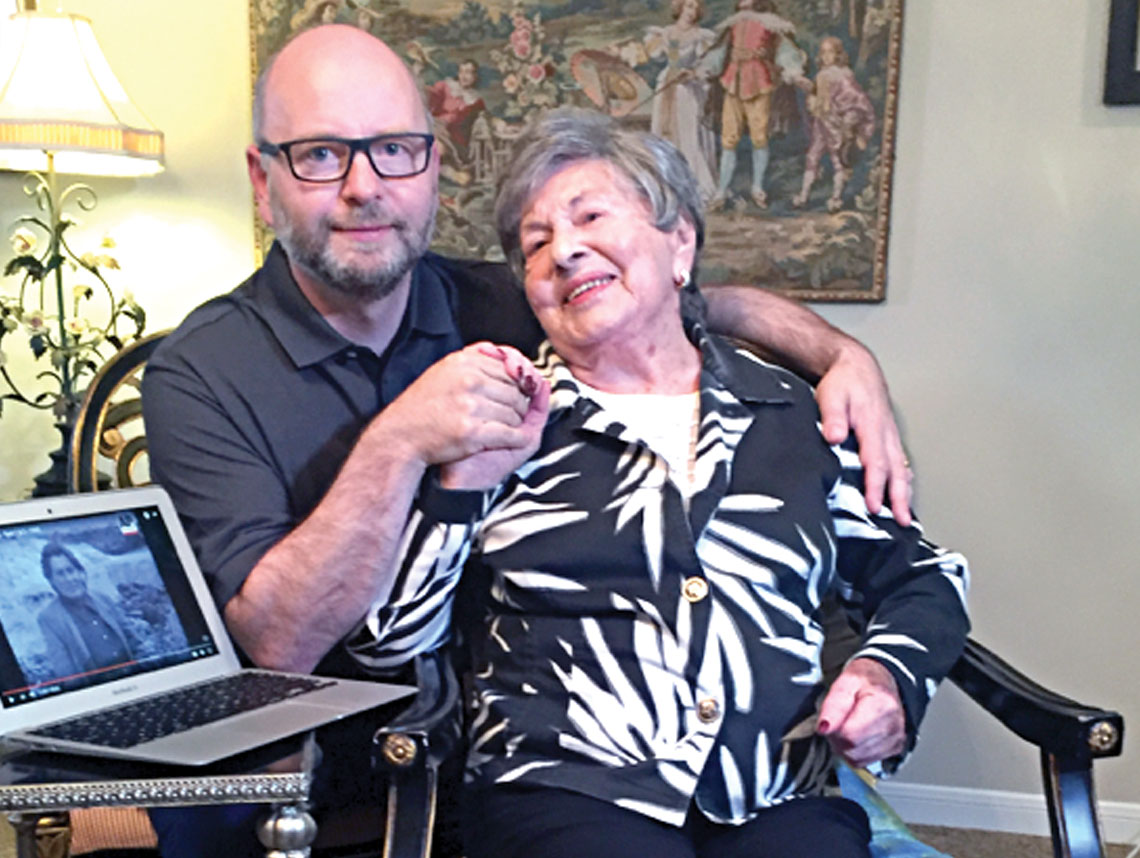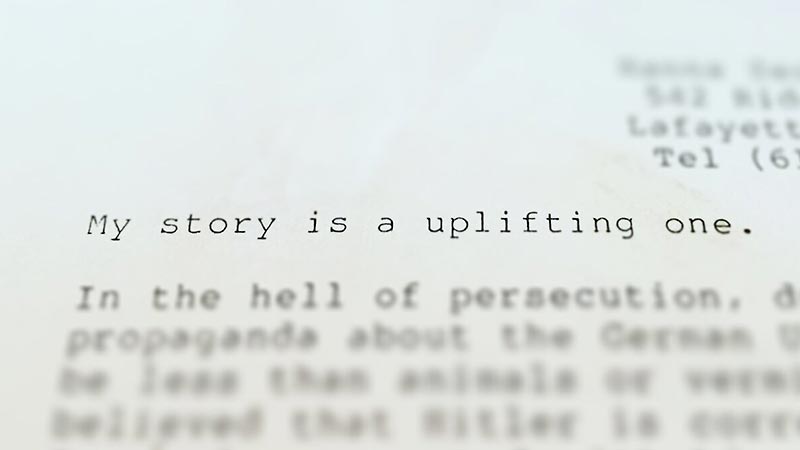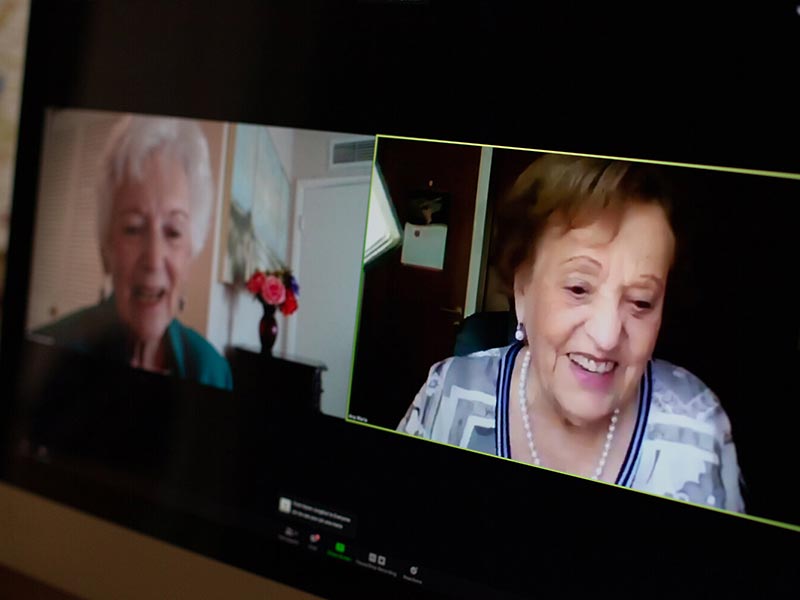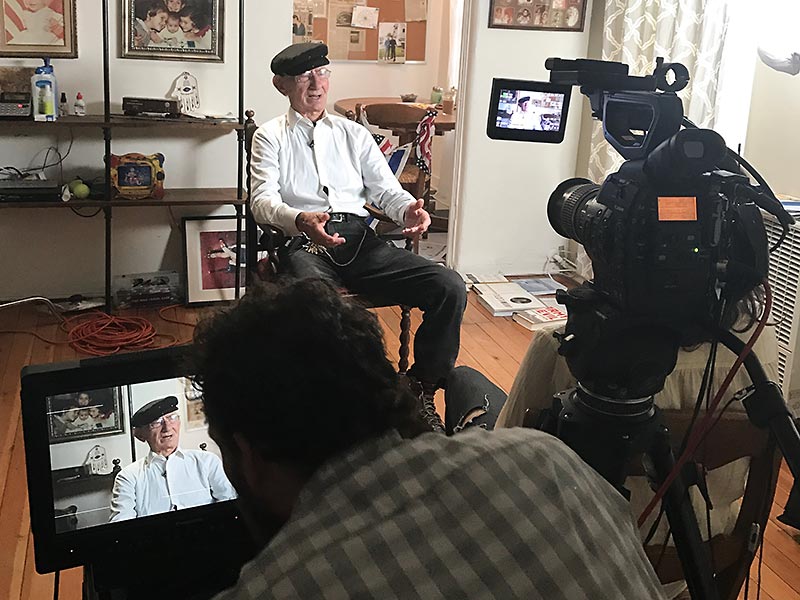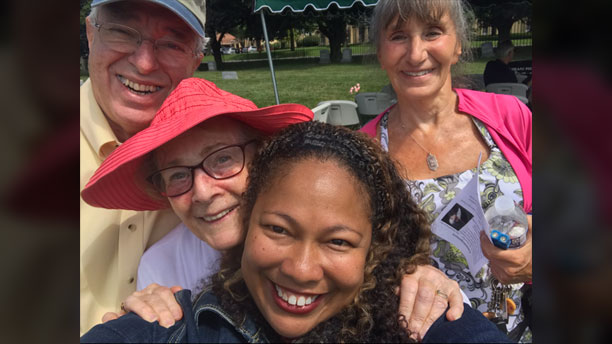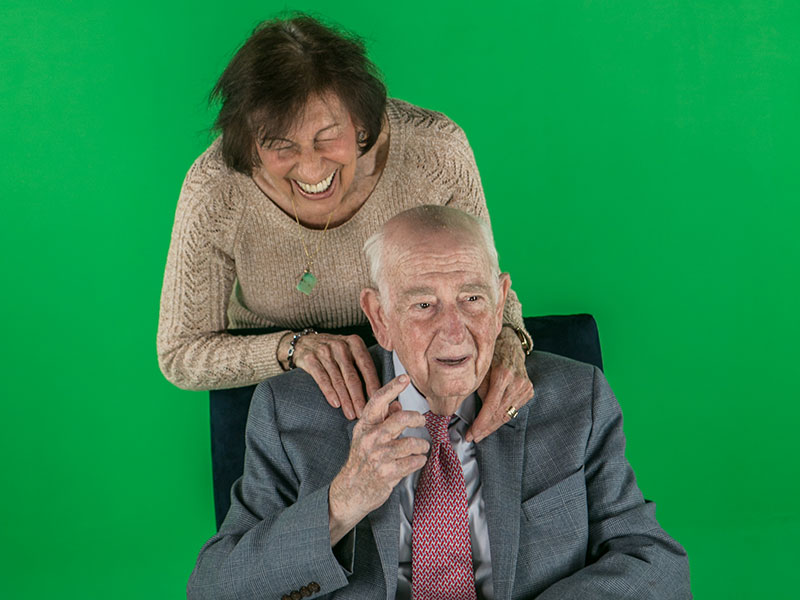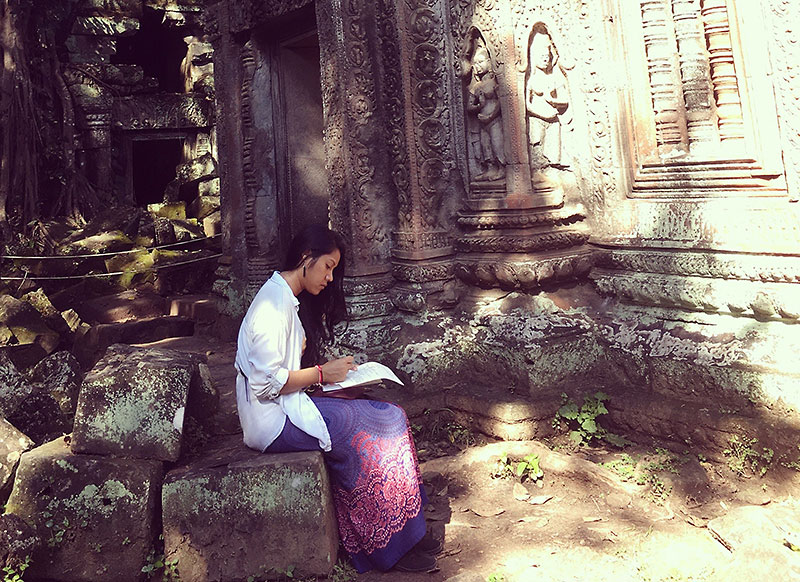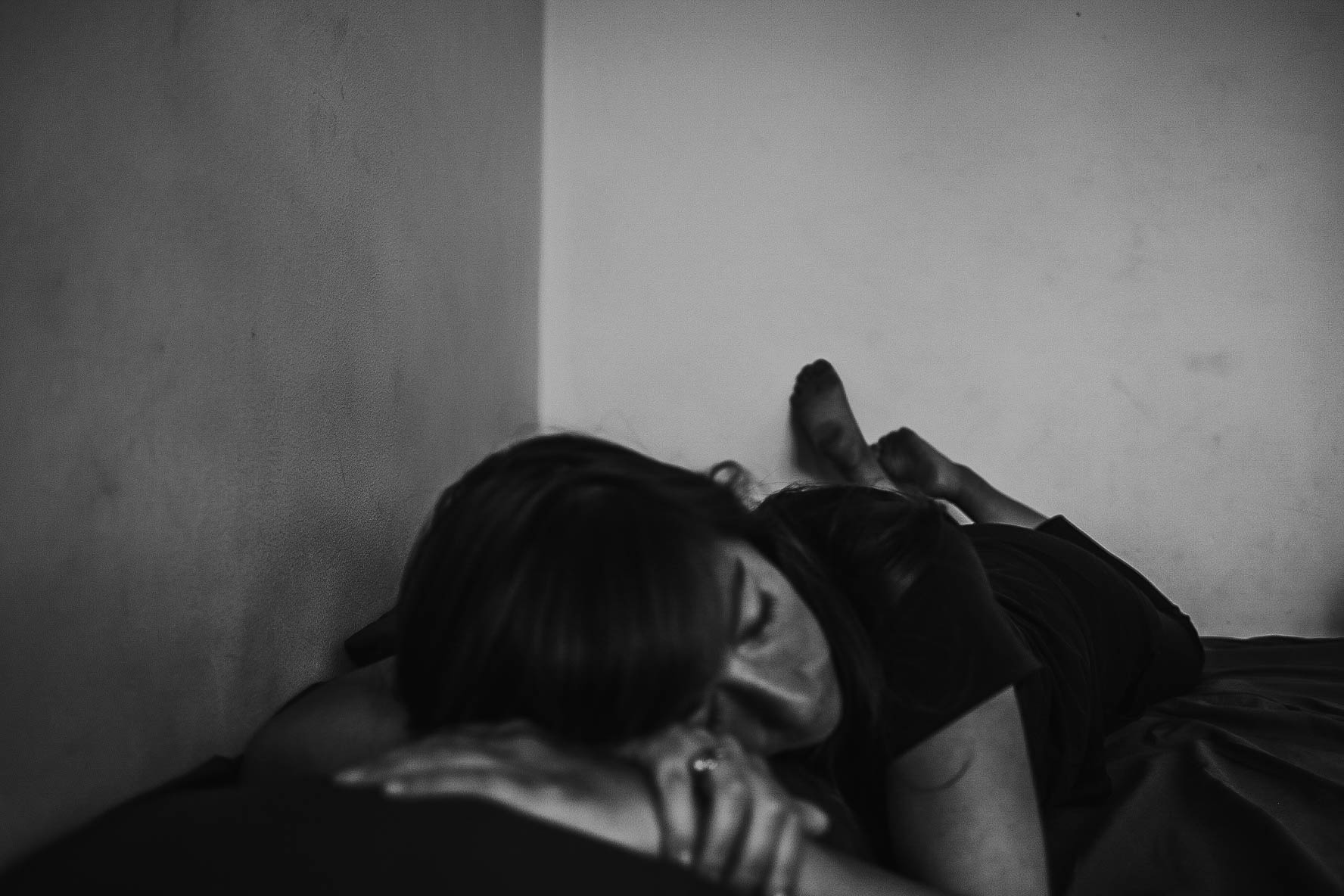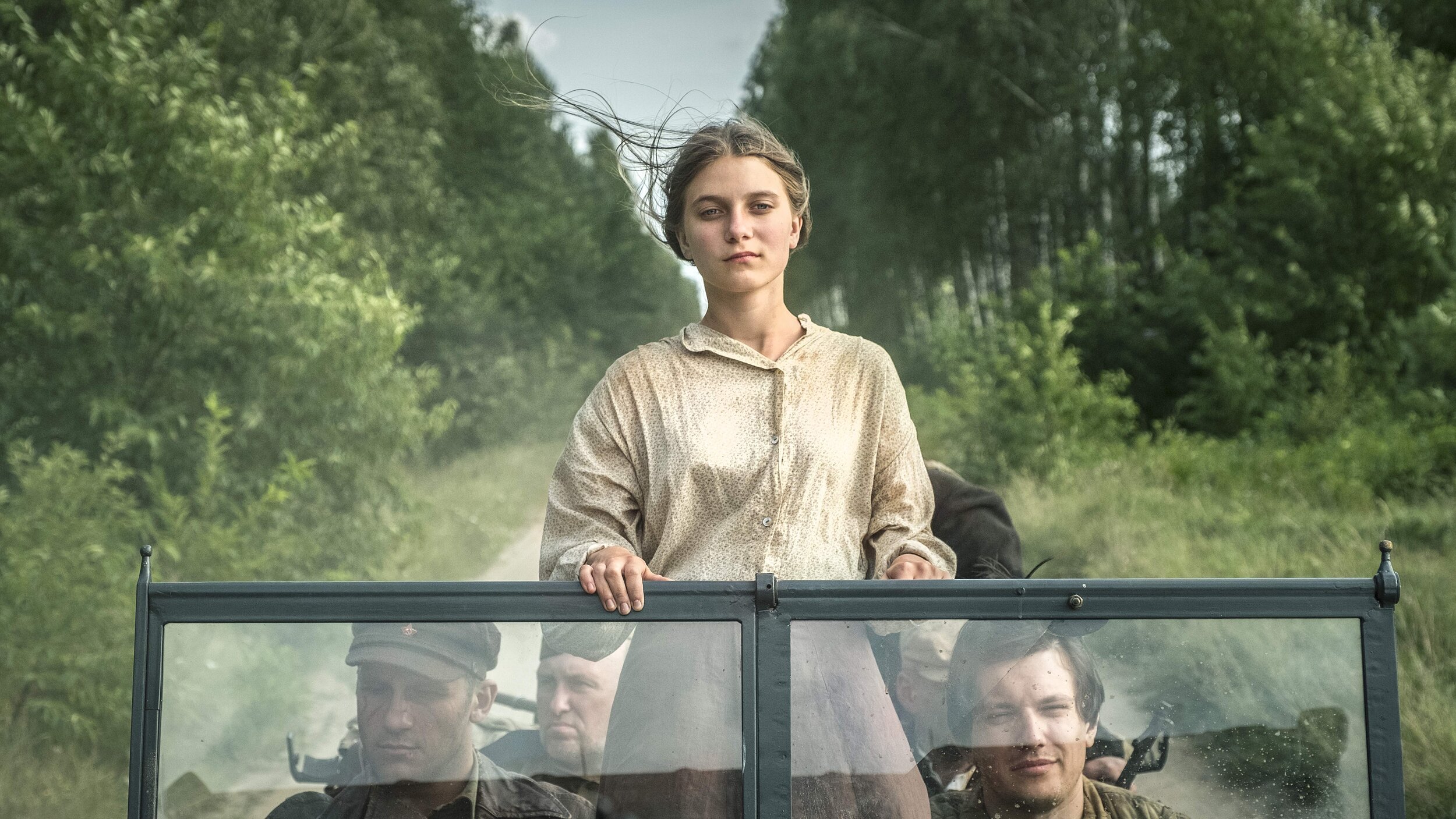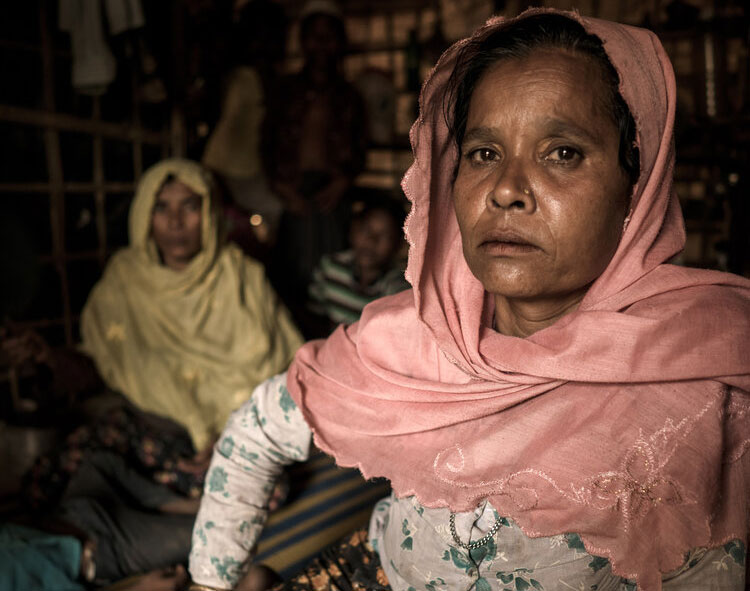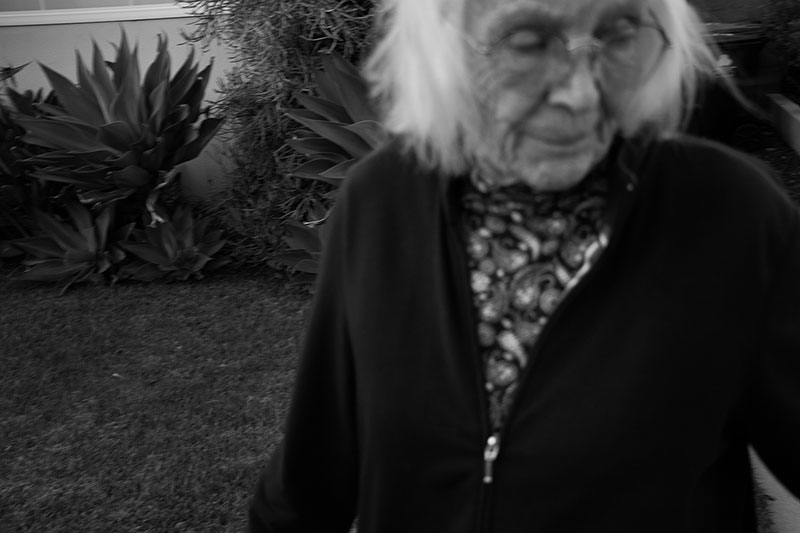Creative Storytelling
Our storytelling projects are both based on and inspired by the more than 56,669 testimonies in the Institute’s archive. They are a deeper look into the emotional complexities of our survivor stories and told through the written word, video, audio and photography. They are an opportunity to explore the impact that these voices have and the way in which testimony drives our understanding of conflict and grief as well as resilience, resistance and hope.
